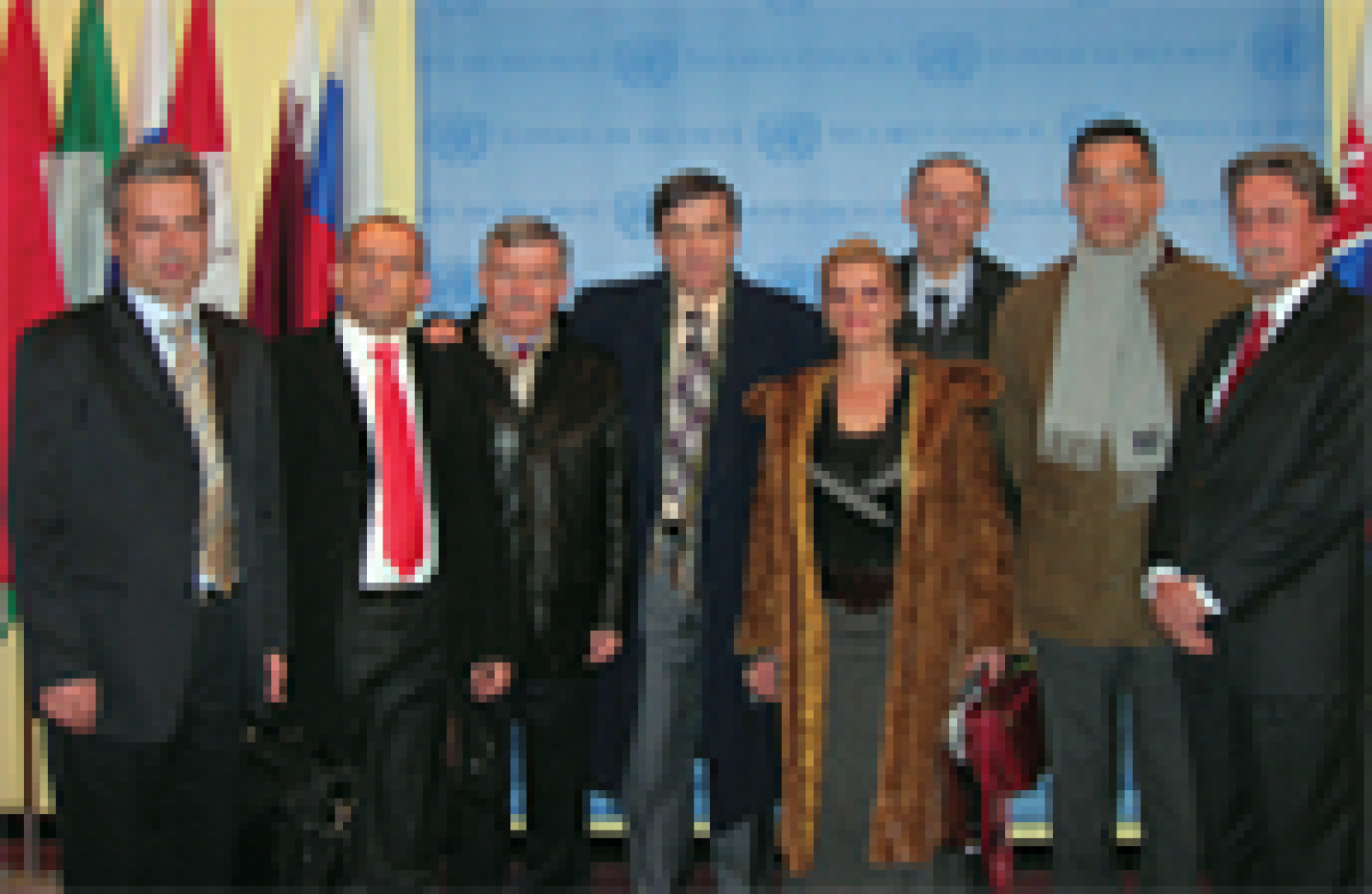
SHARE
Montenegro’s peaceful transition to independence began the final chapter in the lengthy and often bloody disintegration of the former Yugoslavia. On May 21, 2006, the people of Montenegro cast their ballots in a much-anticipated and highly charged referendum on the nation’s status, opting for independence over continued union with Serbia.
During the referendum process, NDI’s local partner organization, the Montenegrin Center for Democratic Transition (CDT), provided a nonpartisan voice, monitoring the campaign and composing a code of conduct that was endorsed by the majority of participating political parties. CDT fielded observers on election day to ensure the legitimacy of the vote, using an innovative form of text messaging technology developed by NDI to report on voter turnout throughout the day. In addition, CDT conducted a parallel vote tabulation to provide a quick prediction of the outcome and deter potential fraud in the counting process.
Following the vote for independence, NDI built upon its previous work with the Montenegrin parliament to conduct a comprehensive assessment of the legislative body. By gauging the institution’s strengths and weaknesses, NDI provided Montenegro’s new political leadership with a blueprint for procedural and organizational improvements. As a result, the parliamentary leadership requested and was granted a 100 percent increase in the institution’s budget, enabling it to begin implementing proposed reforms such as hiring new professional staff members. In April, 16 new staff members began to work at parliament, and a new website based on suggestions from the assessment was launched in May. With NDI’s support, work has begun to solve the problem of lack of space for MPs and committees, to establish a clear plan of work, and to define MP benefits and allowances. In addition, the opposition secured two committee chairmanships, allowing them a greater role in parliamentary affairs. Over a two-week period, NDI worked with several international partners to organize an orientation for parliamentary members and staff. The orientation introduced new MPs to parliament and familiarized returning MPs with recent changes, such as the new rules of procedure that were drafted and adopted with assistance from the Institute.
NDI also organized a study mission to the United States for a multi-party delegation of nine MPs. Funded by the Institute for Representative Government, the visit provided participants with an opportunity to examine the roles and functions of committees, political party caucuses, parliamentary support services, and mechanisms for constituency outreach.
Parliamentary leaders have adopted many of the recommendations contained in the publicly released assessment report as benchmarks for future development. Currently, NDI is working with parliament to put into practice some of the lessons learned on the study mission and to support the implementation of the report’s recommendations.
–
Published on Oct. 2, 2007


